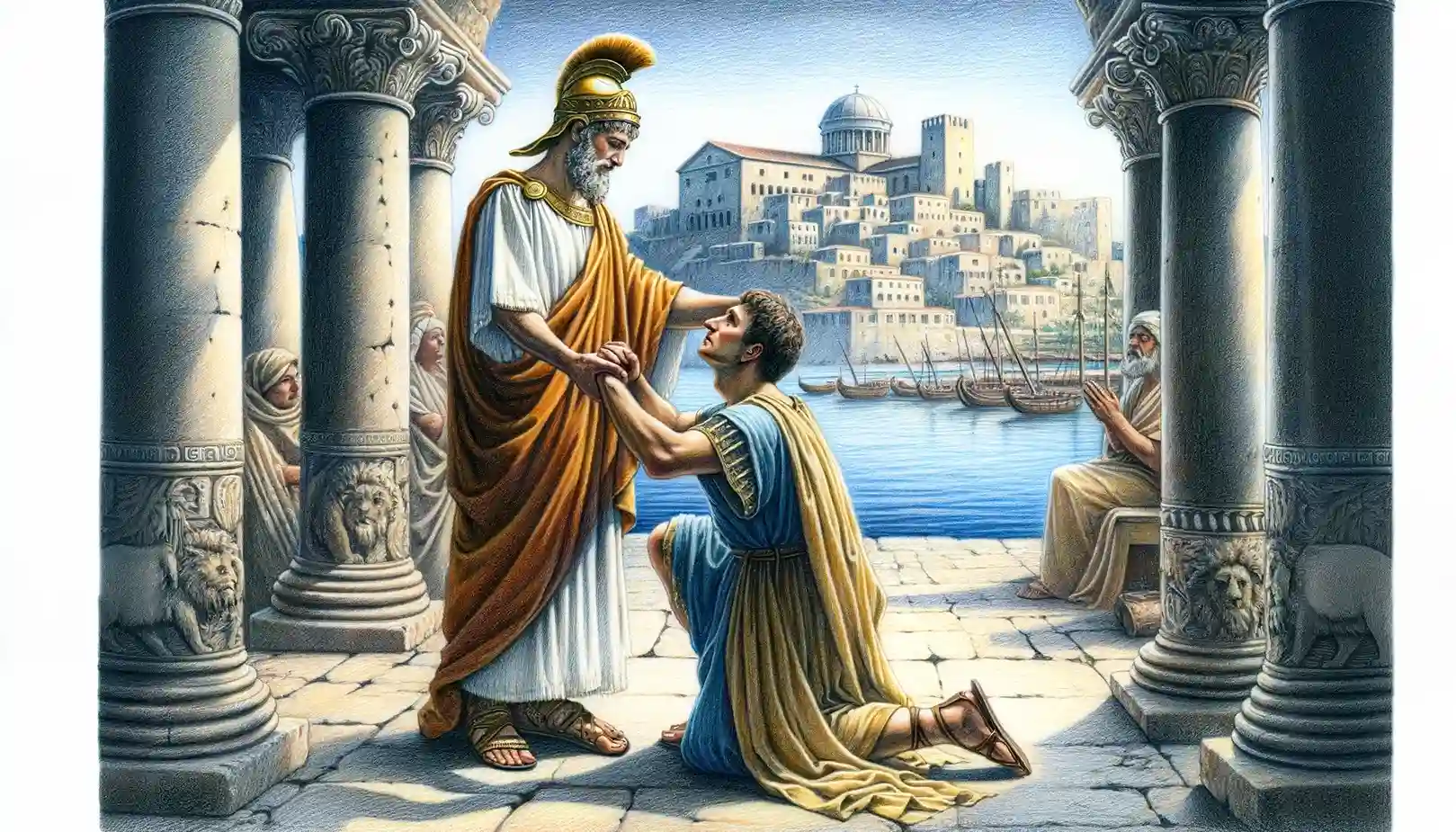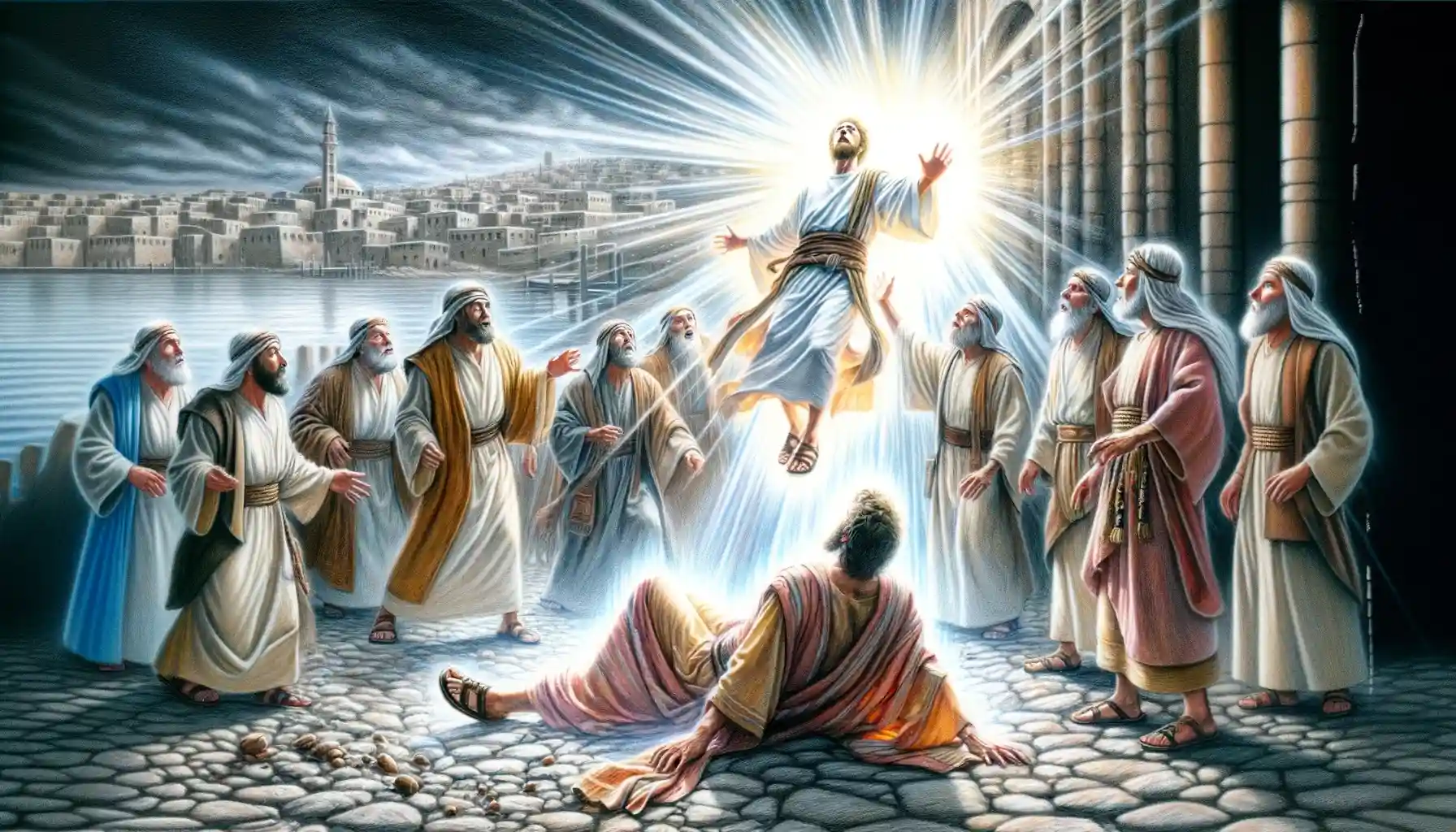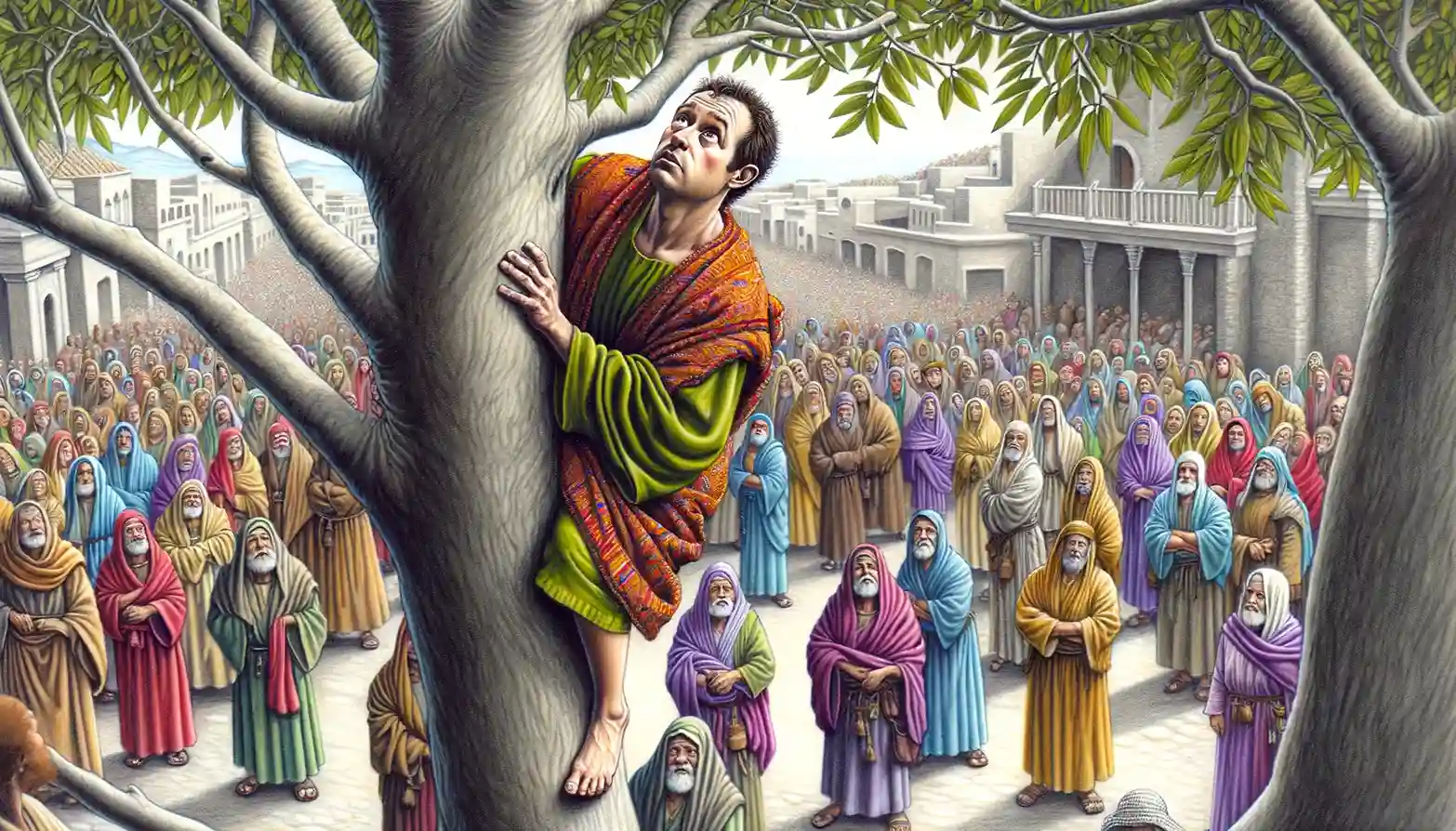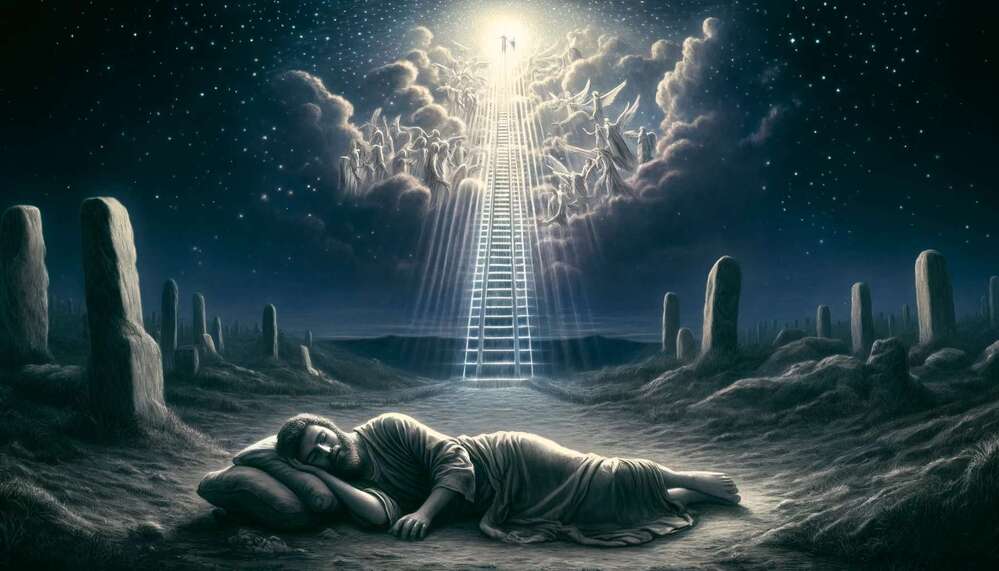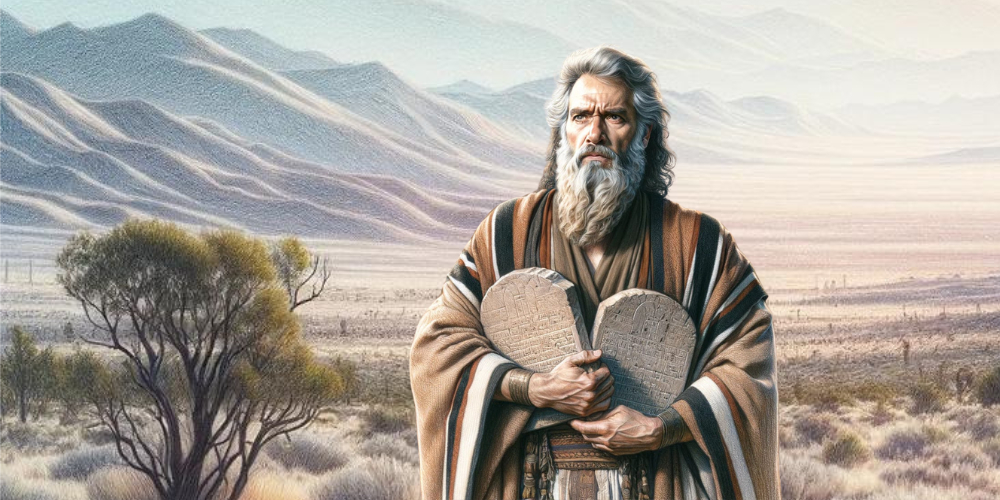Cornelius, a Roman centurion stationed in Caesarea, is historically significant as the first Gentile convert to Christianity, receiving a vision from God, welcoming the apostle Peter, and being baptized alongside his household, which marked a pivotal expansion of the early church to include Gentiles.
In Acts 9:1-19, Saul’s journey to persecute Christians in Damascus is interrupted by a divine encounter with Jesus, leading to his temporary blindness, restoration of sight through Ananias, and his subsequent conversion and baptism, transforming him into Paul, a devoted apostle of Christ.
After his dramatic victory on Mount Carmel, Elijah flees to Mount Horeb to escape Jezebel’s wrath, where, in a stark contrast to the fire from heaven, he encounters God in a “still small voice,” reflecting a deep personal crisis and a pivotal moment of divine reassurance and guidance for continuing his prophetic mission, as detailed in 1 Kings 19:1-18.
Jacob’s Ladder, described in Genesis 28:10-19, encapsulates a profound spiritual moment where Jacob dreams of a ladder connecting heaven and earth, symbolizing God’s continuous presence and reaffirming the Abrahamic covenant, which not only marks a pivotal point in Jacob’s personal transformation but also signifies the enduring bridge between the divine and humanity, reflecting themes of covenant, grace, and divine guidance.
Moses, an Israelite leader and Hebrew prophet, is renowned for his role in the Exodus, receiving the Ten Commandments, leading the Israelites through the wilderness, and his encounters with God, including the burning bush and parting the Red Sea, culminating in his view of the Promised Land from Mount Nebo.

